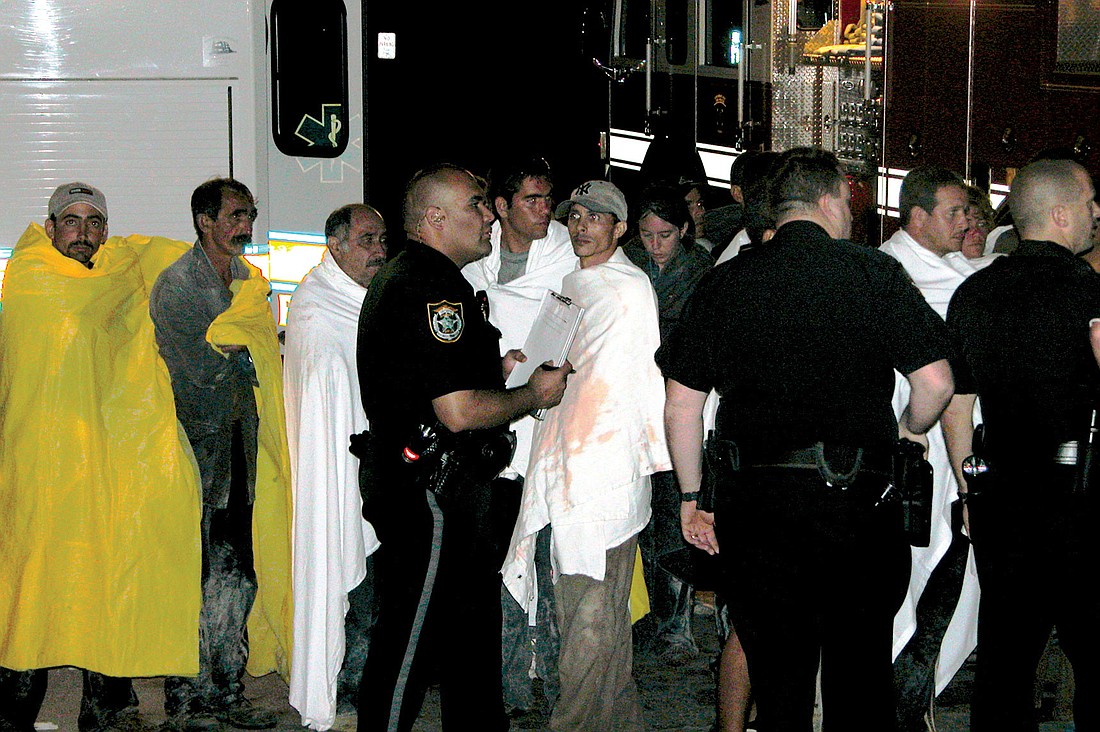- April 16, 2024
-
-
Loading

Loading

Just after 5 a.m. Dec. 18, 2006, shrimp delivery driver Dennis Holder called 911 after he spotted a group of people in the road motioning for him to stop as he headed north on Gulf of Mexico Drive toward the New Pass Bridge.
“Call police! Call police!” they said.
The group consisted of 18 men and seven women, all refugees from Cuba, who had paid smugglers $2,000 each (about 50,000 Cuban pesos) to take them from Cuba to Miami. But the combination of rough waters and increased border enforcement in South Florida made it difficult to reach the planned destination. So the smugglers headed 300 miles north and landed on Beer Can Island.
“This was one we never thought we would get involved in,” said retired Deputy Chief Martin Sharkey at the time. “I was quite shocked when I was awakened at 5:05 a.m. and told 25 Cubans swam onto the island. At first I thought it was a joke.”
Officer Willie Jackson was the first policeman to arrive on the scene. Longboat Key police and firefighter/paramedics treated the immigrants, who had been at sea with no food or bathrooms for three days, for hypothermia and dehydration.
(Under the U.S. government’s wet-foot, dry-foot policy, Cubans who make it to shore are allowed to remain in the country and one year later can qualify for expedited legal permanent resident status and U.S. citizenship.)
Sharkey flagged down a Sarasota County Area Transit (SCAT) bus to transport the refugees to the police station, where they received water and access to bathrooms.
In the meantime, Capt. Steve Roehl, who has also retired, drove to Publix and purchased ham, bread, bananas, grapes, Gatorade and more water. He returned and made sandwiches for the refugees.
Police also called Longboat Key resident Luis Ortiz to translate. He also brought two garbage bags full of clean shirts for the refugees and allowed them to use his cell phone to call relatives in Miami.
They told Ortiz stories of why they left.
One man worked long hours as a lawyer in Cuba for about $20 a month. When he gave up his career and became a farmer, he earned almost the same amount.
A woman said that police raided her home after she used money a relative in Miami sent her to buy a TV and radio.
Most lived with family in apartments smaller than 10 feet by 10 feet.
Later that day, federal officials released the Cubans, meaning that they were free.